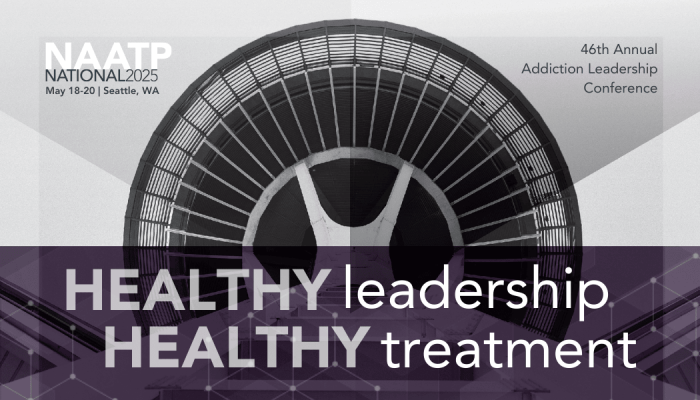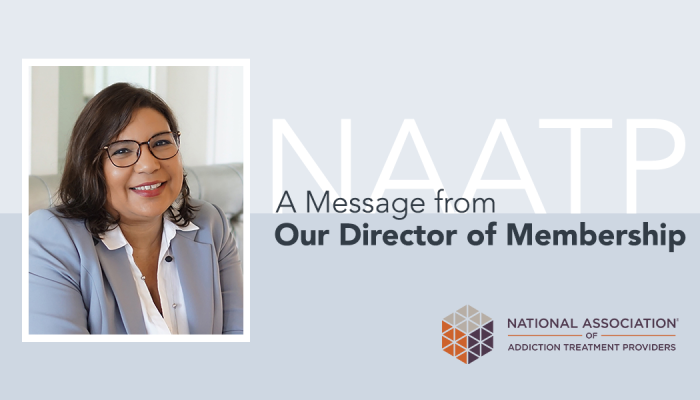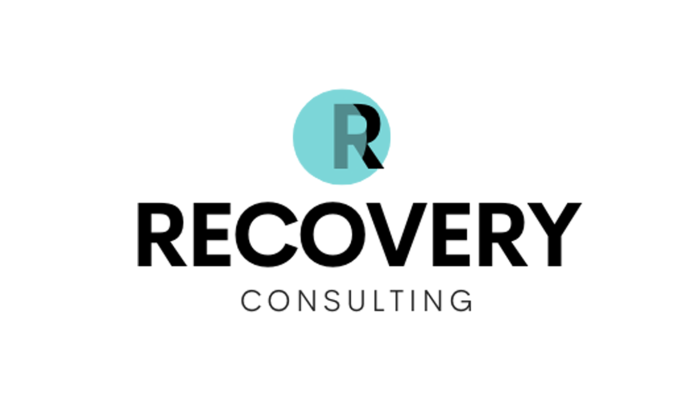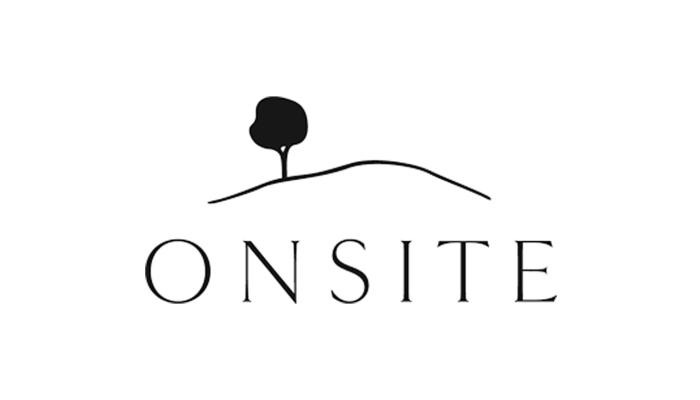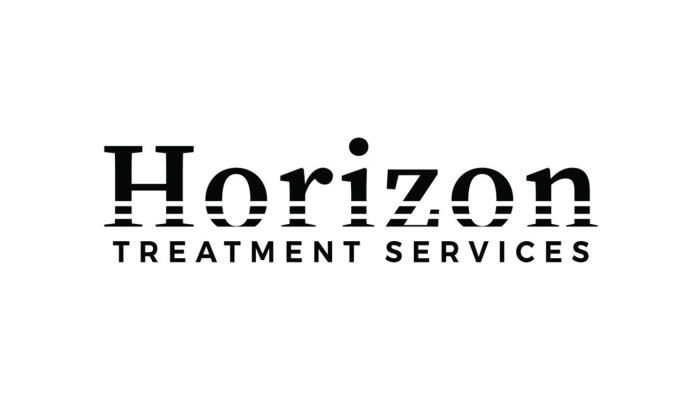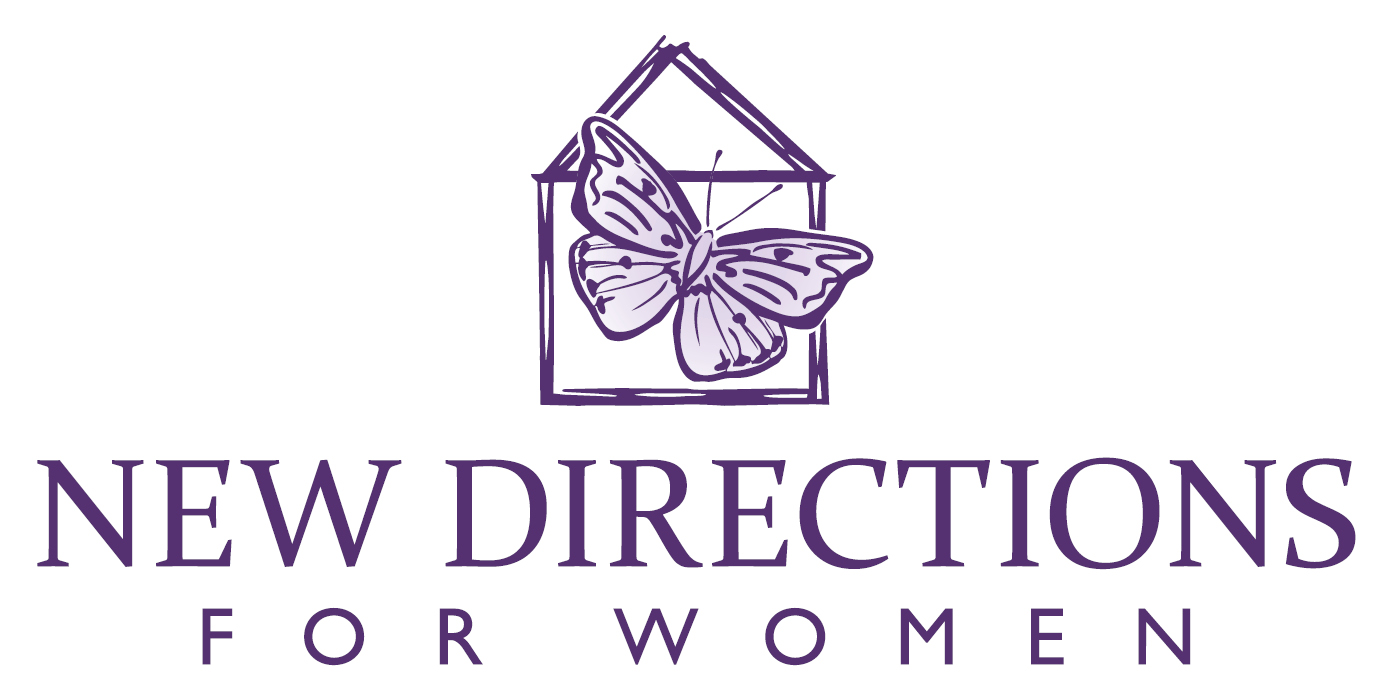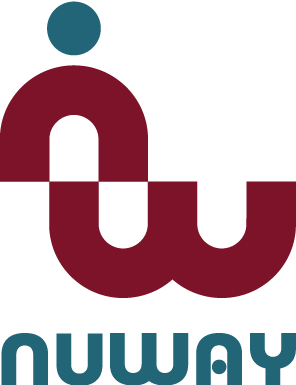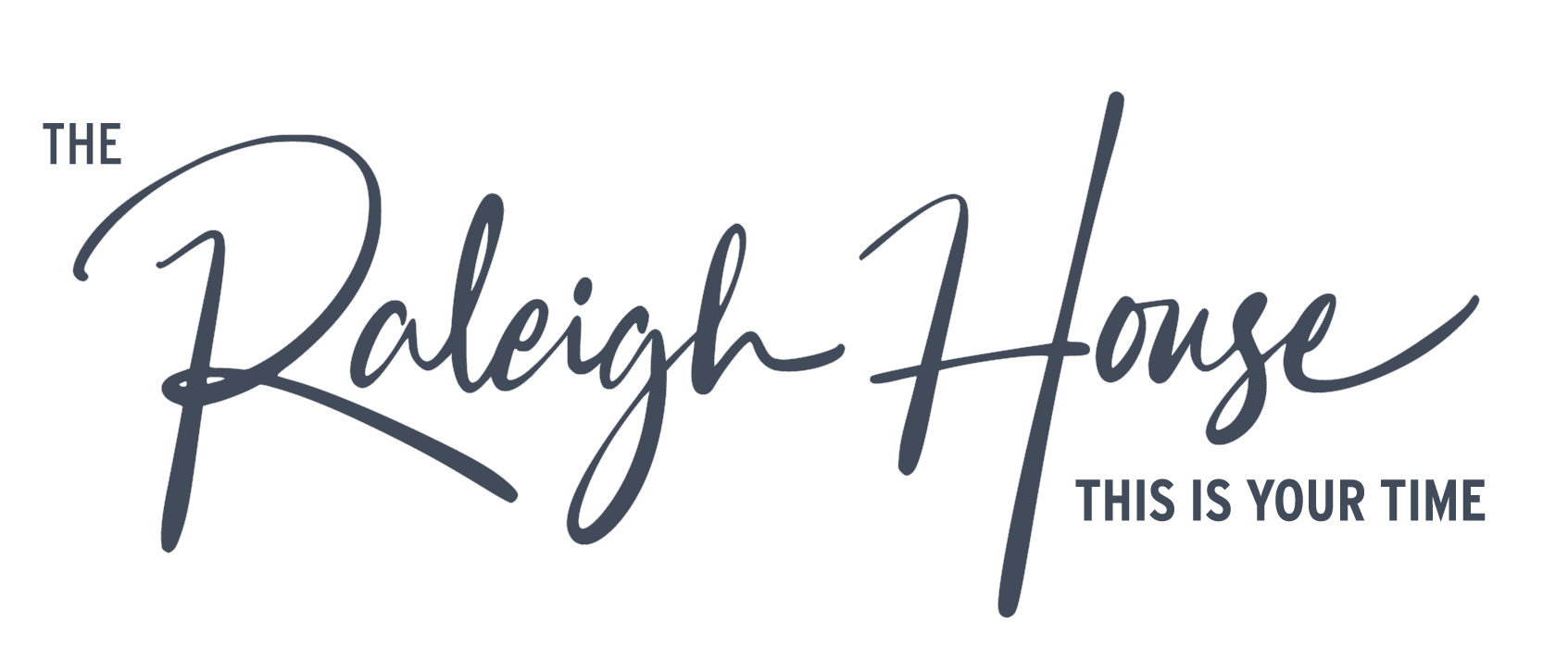May 2, 2021
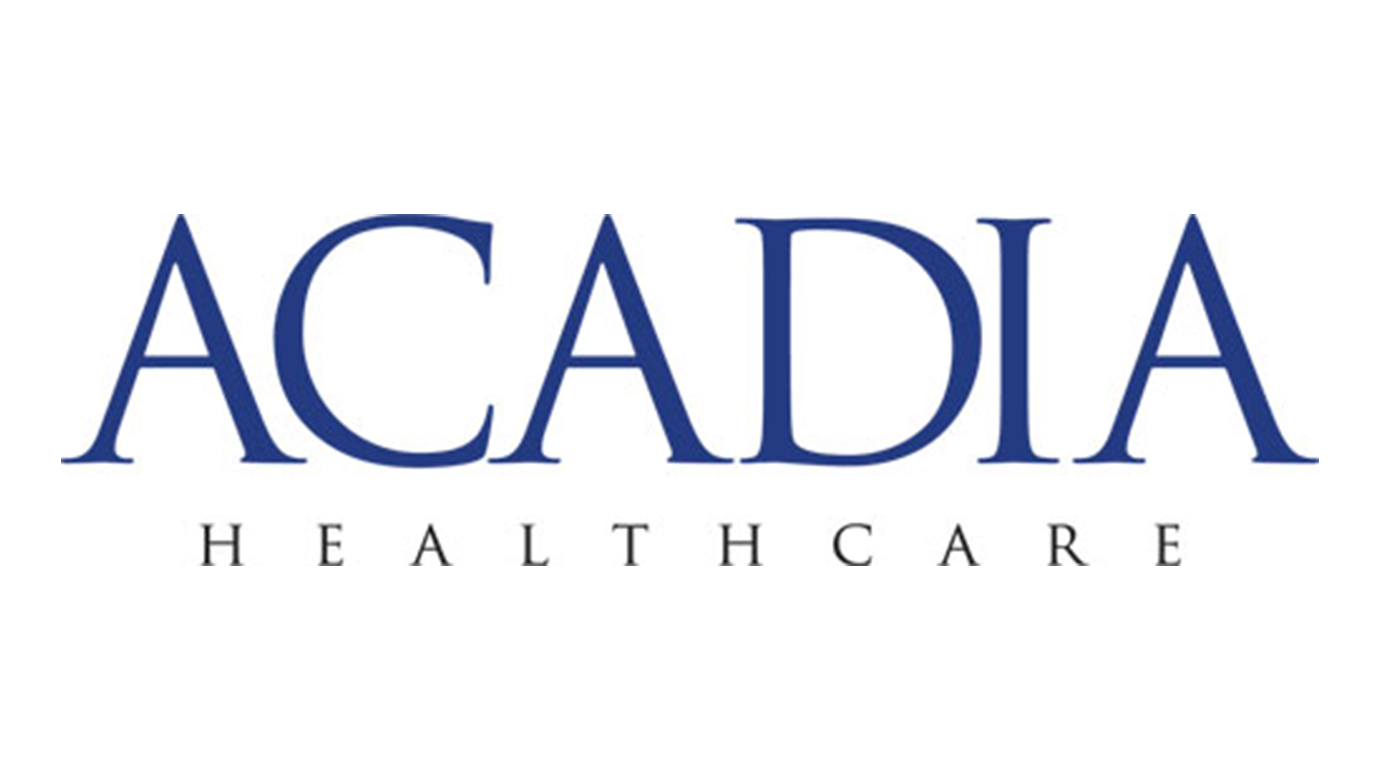
Acadia Healthcare (Nasdaq: ACHC) recently launched a new suicide prevention pilot targeted at outpatient opioid use disorder (OUD) patients. While the program is currently only being tested in 15 of the provider’s 135 comprehensive treatment centers (CTC), Chief Medical Officer Michael Genovese said the program is indicative of the behavioral health giant’s larger-scale priorities.
“All of this speaks to our commitment to quality care,” Genovese told Behavioral Health Business. “If we provide the best possible care for patients, then everything else sort of takes care of itself. That move into value-based care? Well, it’s easy, because we’re providing valuable care.”
Headquartered in Franklin, Tennessee, Acadia Healthcare is one of the largest behavioral health providers in the country. It operates 227 facilities across 40 states and Puerto Rico, and it recently sold about 360 locations in the United Kingdom for $1.47 billion.
The goal of Acadia’s new pilot program — which it’s operating in conjunction with the suicide awareness and prevention non-profit the Jason Foundation — is to more holistically address the needs of OUD patients.
Much like how behavioral health is frequently siloed from physical health, mental health and SUD have long been bifurcated — when in reality, the two are often connected.
“There’s a huge risk of patients with opioid use disorder dying from overdose,” Genovese said. “There’s a huge risk of dying by suicide. And there’s a lot of overlap and interweaving of those two.”
For the most part, the pilot is educational. As part of the program, Acadia will colocate educational community resource centers (CRCs) within 15 of its CTCs, which provide medication-assisted treatment (MAT) to adults with OUD. Rather than provide medical care, the CRCs will provide information to help raise awareness about suicide, its warning signs and the resources available to those who are struggling.
The CRCs will deploy a mix of different campaigns to raise awareness, leveraging tools such as a dedicated app and various other communication channels. For example, last year, the Jason Foundation did about 100 webinars for more than 10,000 participants.
While the pilot is new, Acadia’s relationship with the nonprofit is not. The pair have been working together since 2013 and currently have 75 affiliations, where the Jason Foundation is colocated within Acadia’s inpatient facilities.
But the new pilot is the first time the duo is testing the model in the outpatient OUD setting.
“We have the potential — if the 15 pilots go well — to have 135 of [those CRCs],” Genovese said.
In terms of measuring that success, Acadia will be looking at benchmarks such as patient satisfaction and clinical outcomes, as well as how many CTC patients seek therapy pre-and post-launch.
“We’ll be evaluating that data, and then using it to guide treatment, which is the even more important part,” Genovese said. “It will be like in cardiology, when you get lab tests, and [the doctor] says, ‘Oh, look, their troponin [levels] are going up.’ … We’ll be able to utilize the data to say, ‘Oh, although they’re complaining primarily about their substance use disorder and their cravings, their anxiety scales are off the roof. That needs to be addressed as well.’”
Genovese said those goals and the pilot in general are in line with the holistic approach Acadia is taking to care.
“When we can provide that overarching, informational and therapeutic care, it’s not additive, it’s multiplicative or exponential, the benefit that we can render for patients individually and macroscopically,” he said.
Link for full article in Behavioral Health Business: https://bhbusiness.com/2021/04/28/acadia-cmo-new-holistic-care-pilot-wil...




